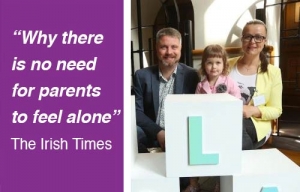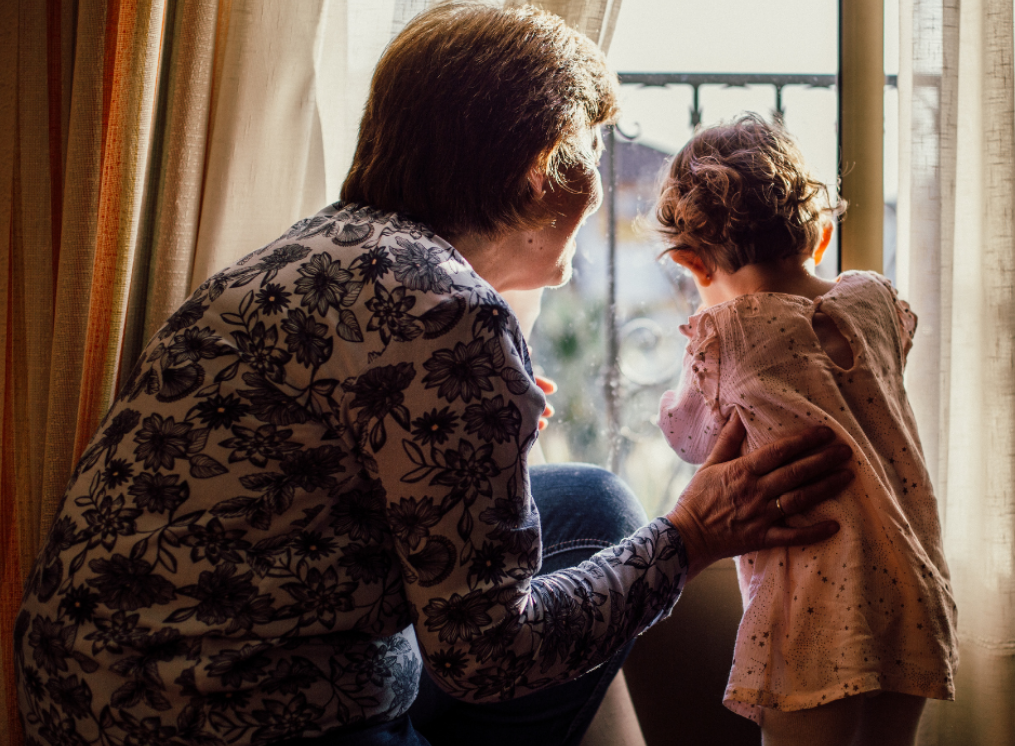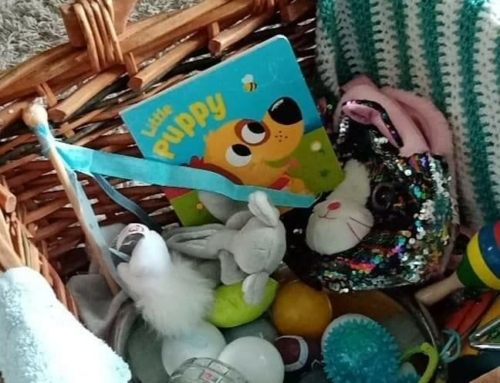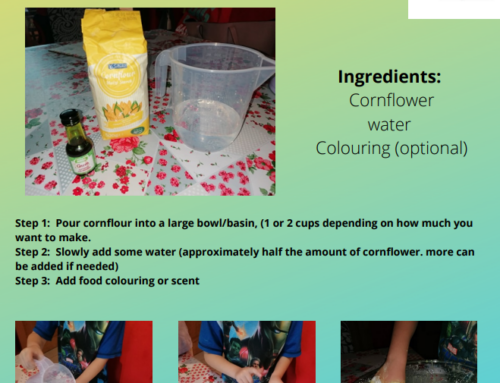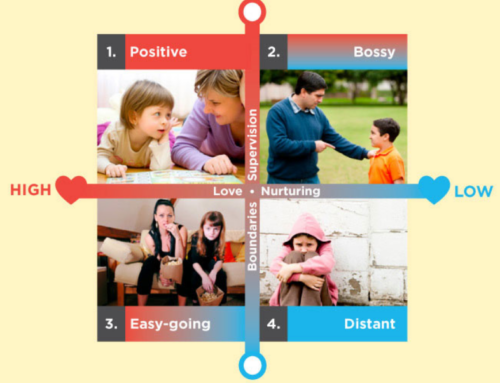Just as you’re settling into life with your new little 4 month old bundle of love, you start to think/worry about returning to work. You could be returning at 6 – 9 months or maybe you are privileged enough to take one year of work. Thoughts start to race through your head about how you’re going to cope back at work if your little one isn’t sleeping all night, how are you going to leave him or her, will your baby take a bottle if your breast feeding, how will the baby cope with another child minder other than you? Question after question appears and it fills your head with stress and anxiety. Although as we have said time and time again all these little worries will pass and all will work out.
What child care setting should I choose?
Quality Child Care is something to seriously think about. Would you prefer a grandparent to watch your little one if they are fit and able? Maybe a friend has offered? Maybe a local child minder has been recommended or maybe a local crèche is for you. You have all these wonderful choices and it’s OK to try out a few before you find the one that suits you best. Remember it is not an easy task. This is your precious bundle and you want the best for your baby, someone who will love or treat your baby like you would… without replacing your role – which is not possible as the bond between mother/father/caregiver and baby is greater than any other love!
A good recommendation is to put continuity of care and primary care giving arrangements at the top of your list of requirements. You want to select a child care setting that is right for you and your child. If you prepare structure and order a crèche might be the option for you. If you prefer family relationships and something similar to your own upbringing – family would be the best option, if someone is available and possibly retired. Maybe you prefer a more relaxed setting with children of different ages in the one setting and one person whom you trust and know to watch your baby – in this case a registered child minder would be your best option.
Factors to consider
Another big factor in child care is the cost as well as well as the waiting list and psychological issues of leaving your baby. The child care arrangements you should choose should be based primarily on the development needs of your child. The most important developmental task of the first year of life is forming a sense of attachment to the primary care givers. Obviously the baby’s parents are primary caregivers, but so is the individual in the care arrangement you select.
Forming a sense of mutual attachment lies at the foundation of all other development – healthy personality, social and emotional development, as well as language and cognitive development in early years. This means that you are looking for an individual who understands that quality of care of infants relies on forming a close relationship with your baby, as well as supporting the strong attachment between infant and parents.
Such relationships should continue over time, rather than subjecting the infant to the disruption of multiple caregivers with whom it is difficult to form attachments and trust. This is one of the reasons that many parents choose a care situation in their own home. Another good arrangement is a small, family child care home that can function as a sort of extended family during those critical years. Continuity of care – repeated experiences with the same people over time – is something that you should look for, whether in a home or in a childcare centre.
Another factor to consider when selecting your childcare is the quality of child care and knowledge of child-minder. Are they following a national curriculum on the development stages of your child? Are they using the right toys for your child at the right age to stimulate them? Does your child care facility involve more outdoor play than in? Is your child getting a healthy stable diet to help with growth? Do you know who is coming in and out of the home on a daily basis? These questions are just to help you think about what is right for you and your baby. You are placing a lot of trust on the person/people watching your baby so it must be right and support healthy foundations for early learning.
In my personal experience with my first child I returned to work when she was 7 months and had to find childcare that was affordable as well as handy. I was first to leave my little girl to crèche and last to pick her up. It was a stressful time as every time I left my baby off, she screamed and screamed. So it was difficult to go to work knowing my child was unhappy. The staff members reassured me that my baby was fine about 15 minutes after I left her off. Which did help to settle me a bit. I used the crèche two days a week and the other two days divided between my mum and my mother in law.
If I was to do it again I would keep the child care much more consistent. So if I could only afford two days of crèche, then I would select one other family member to help if they could. By going between my mum and mother in law they both had different ways of operating, the routine wasn’t there and food completely different to what my child was used to. Also it was hard to tell my mother or mother in law I didn’t like what they were doing or feeding the kids. But isn’t that all part in parcel of letting your child into the big wild world and if someone is offering to watch your child at no cost – there isn’t much you can do. As someone once told me ‘Pick your battles’.
Another thing I would suggest, if you can, try to look after your baby as much as possible yourself. We all know each one of us have good days and bad days – we are all human. Maybe on these bad days get a little help from someone who isn’t having a bad day to ensure the child is always in a happy environment. I know if I’m sad any day or feel frustrated my children sense this feeling and they start to feel the same way. You will notice how your baby will grow and change in the early stages of life and this time passes so quickly, even though it feels like a lifetime when you’re in the thick of it.
Take time to assess the emotional climate and relationships in the places you consider for your baby’s care.

